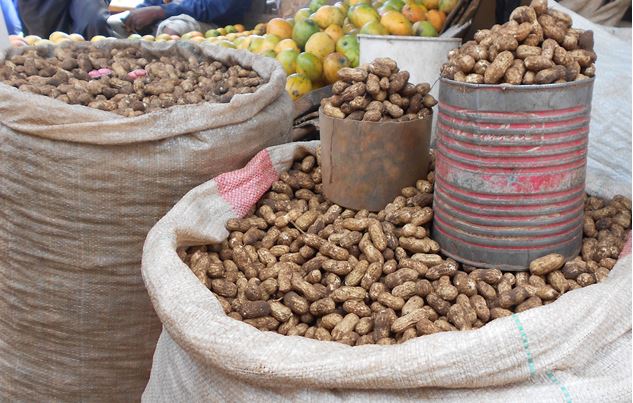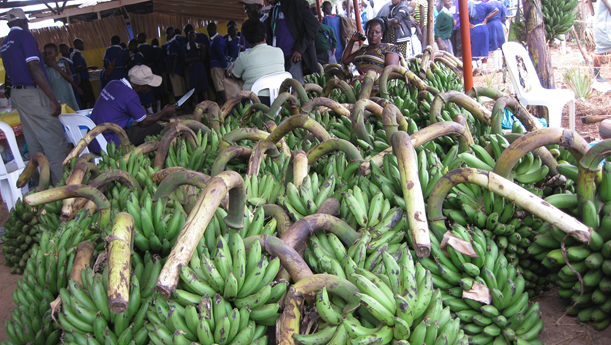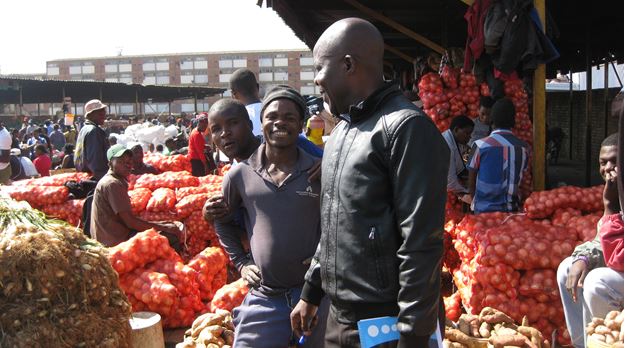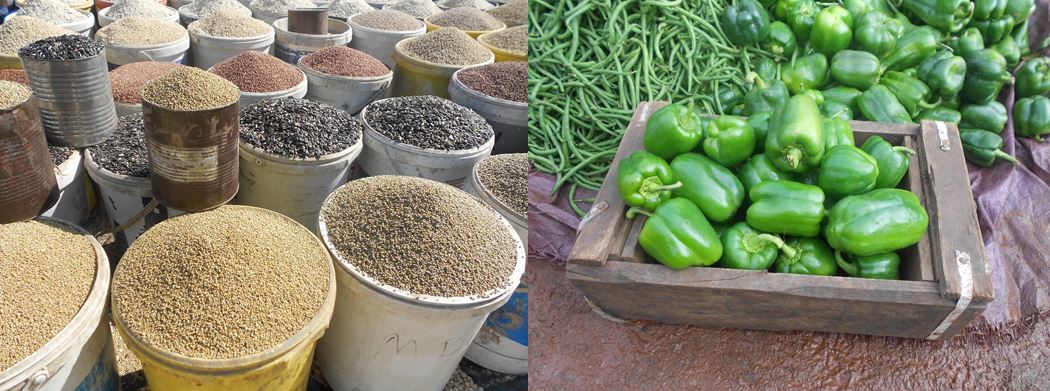The curse of forgetting useful information and knowledge
eMKambo recently heard a story of how a veterinary doctor surprised livestock farmers when he told them he did not have the expertise to artificially inseminate their cattle. The farmers had travelled from distant areas to come and witness the first scientific experiment in the history of their rural farming community. There is no shortage Read more about The curse of forgetting useful information and knowledge[…]










